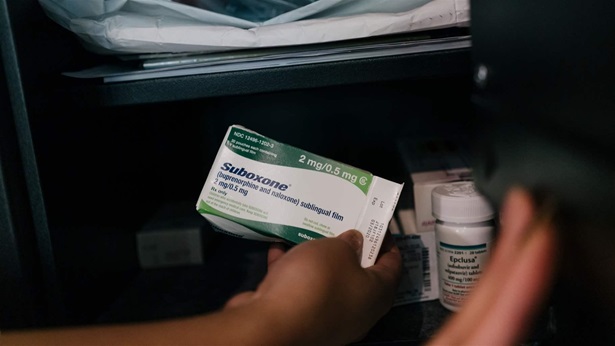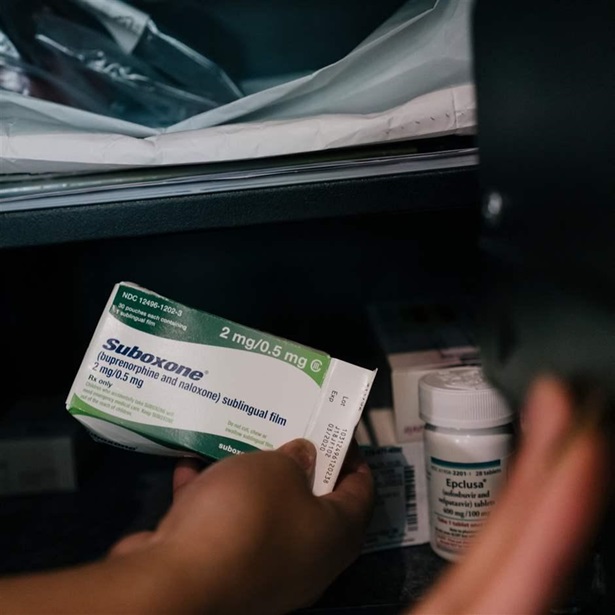Drug overdose deaths in Philadelphia are at historic levels, driven by growing opioid misuse and opioid use disorder. In 2018, a total of 1,116 people in the city died of overdoses—down slightly from 2017 but far higher than in previous years. Among the nation’s counties with at least 1 million residents, Philadelphia had the highest rate of overdose deaths in 2017.
Pew’s local work on this pressing issue includes research on the demographics of the problem, comparisons with other cities and counties, and analysis of available evidence-based treatment options, including medication for opioid use disorder. Pew also convenes policymakers, health care providers, and other stakeholders from Philadelphia and elsewhere to discuss innovative responses being undertaken locally and elsewhere.
In addition, Pew has examined other local health topics, including Philadelphians’ disability rates and behaviors—such as smoking and lack of exercise—that are considered risk factors for chronic diseases and lower health outcomes.





